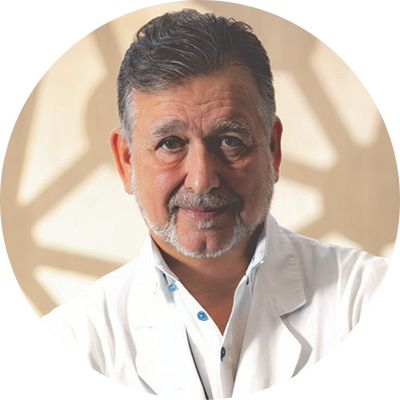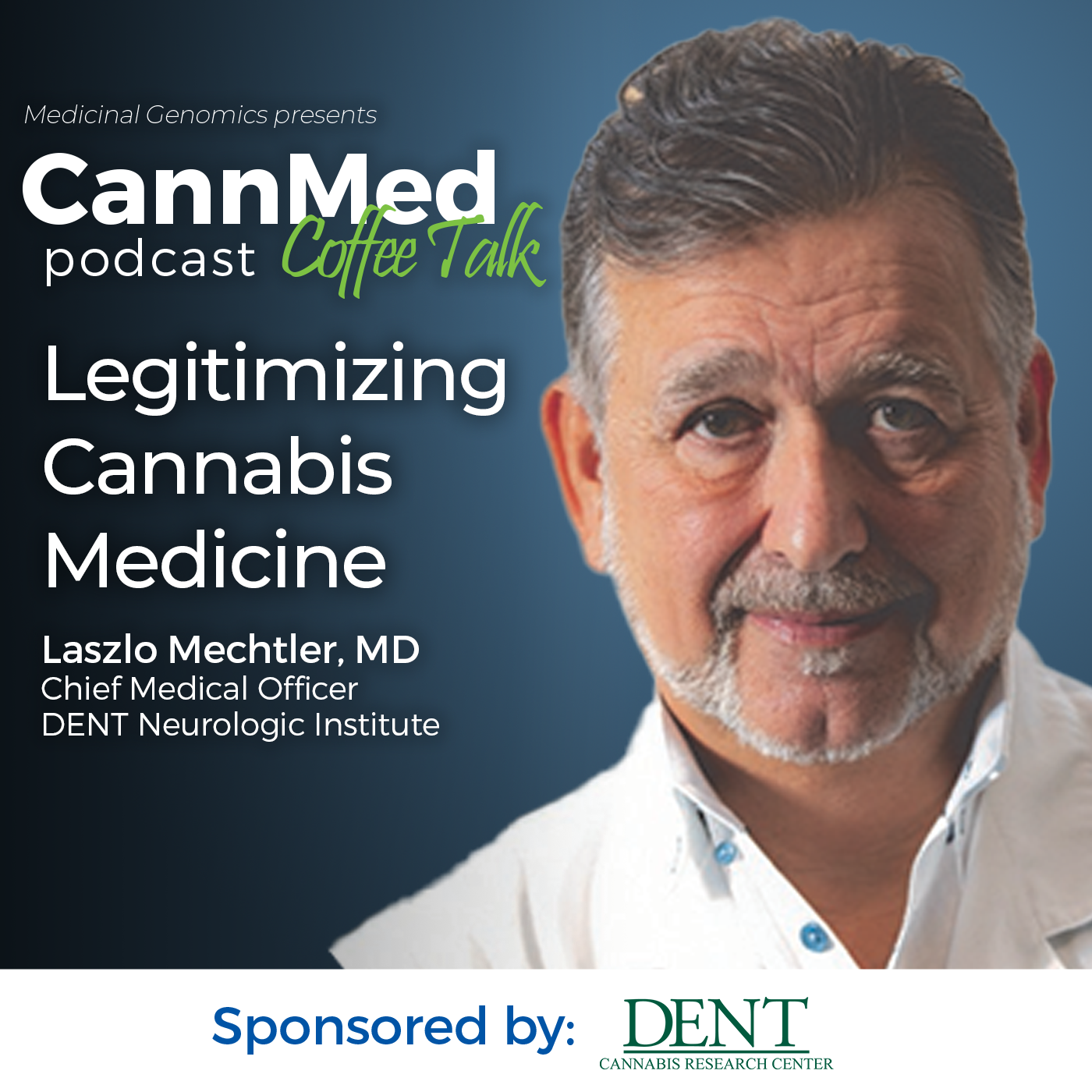
Chief Medical Officer
DENT Neurologic Institute
SPEAKER
ADVISORY BOARD MEMBER
POSTER PRESENTER
MEDICINE
In the context of drug development, there are a multitude of factors that one must consider but perhaps no one single factor is more important than the method of administration. Common modalities include oral consumption (swallowing), sublingual administration, inhalation, transdermal absorption, or injection, each of which has its own distinct advantages and disadvantages. Selection of the appropriate delivery modality is paramount in drug development as not all administration methods are suitable for the drug in question and/or the desired outcome. Some drugs; however, are available in several modalities, one such example being cannabinoid-based therapies which can be found in inhaled, sublingual, orally consumed, transdermal, injectable, and rectally administered formats. The wide range of drug delivery options for cannabinoid-based therapies is largely driven by consumer preferences, medical conditions, and desired effects.
This large variation in administration modality; however, also results in a large variation in pharmacokinetic profiles in addition to efficacy. To address this variation we subjected an oil-based cannabis preparation to a unique drug delivery system called self-nanoemulsifying drug delivery systems (SNEDDS) and compared the pharmacokinetic outcomes to the same cannabis dose administered via oral tincture. This technology is designed to enhance the bioavailability and solubility of poorly water-soluble drugs such as cannabis preparations. SNEDDS are anhydrous homogenous liquid mixtures consisting of oil, surfactant, drug and coemulsifier or solubilizer, which spontaneously form oil-in-water nanoemulsion. Thus, may significantly improve therapeutic outcomes by facilitating better and faster absorption as well as improved systemic availability.
He currently serves on the Board of Directors for the International Headache Society (IHS) and Genomate Health. Dr. Mechtler has published some of the first major retrospective research trials on Medical Marijuana in headaches and various neurologic disorders. He is the Director of the DENT Cannabis Clinic, which has more than 15,000 patients certified through the NYS MMJ program and continues to grow each day. He has developed medical cannabis formulations (CBD/THC) tailored to specific neurologic disorders including migraine, sleep and anxiety. Dr. Mechtler is also the Founder/Chief Medical Officer for the MIND Institute in Budapest, Hungary. Dr. Mechtler lectures both nationally and internationally and is recognized as a leader in the fields of Neuroimaging, Headache Medicine, Neuro-Oncology, and Medical Cannabis.
View CannMed Resources Below:
ATTENDANCE IS LIMITED. THE OPPORTUNITIES ARE NOT.



